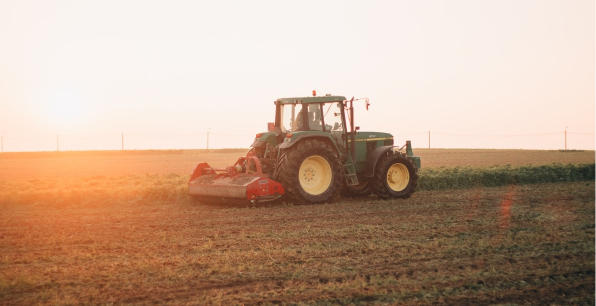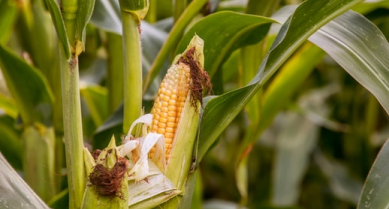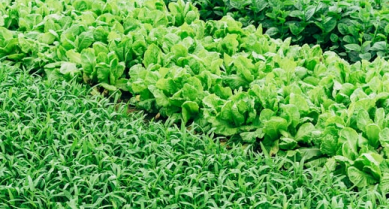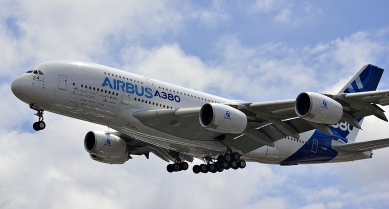Getting the measure of sustainable food
“A sustainable food line has the potential to create a new driver for the agricultural system,” comments Dave Lawrence, newly appointed Chair of Agrimetrics, the big data centre of excellence for the agri-food industry.

Dave Lawrence, Agrimetrics’ new Chair
The former head of R&D for Syngenta believes that metrics, based on strong scientific evidence, would create a virtuous circle in the agri-food value chain to support best practice.
“From my involvement in the ‘Food and Farming Report’ it became clear that if you want sustainability you need to be able to measure it, using metrics that are based on real scientific evidence,” explains Lawrence. “Having good metrics would open up the opportunity for something that is genuinely better.”
Lawrence believes that consumers would welcome a sustainable food line and this would offer a third way between conventional and organic farming.
“Paradoxically, a big problem with food at the moment is that it is too cheap. This means that producers simply cannot afford to invest in trying to do things they believe would be better for the long term.
”Having good metrics would open up the opportunity for something that is genuinely better.”
– Dave Lawrence
He continues: “If retailers can compete on something other than price, there is an opportunity to reward growers on factors other than yield. This could include, for example, taste, which creates a premium product, or resilience to adverse weather, which would assure continuity of supply.
The government’s food and farming report showed that although the UK has a strong science base with the potential to develop sustainability metrics the knowledge was too fragmented and it often failed to coherently address the real problems faced by the industry.
From that understanding came the idea of ‘virtual centres’, such as Agrimetrics, that would pull together work from different institutes and universities and create a roadmap for realising the vision of sustainable intensification of commercial food production.
“I was in at the beginning of Agrimetrics and when the opportunity came to be more closely involved, I took it,” says Lawrence who also believes that Government has a role in rewarding producers for sustainable practice.
“If we leave the Common Agricultural Policy (CAP) there is a opening for a model that would recompense producers for measures that look after soil health, environmental health and biodiversity in a way that CAP set out to do, but in practice does not.”
Agrimetrics is creating a big data platform to support the agri-food industry. It is pulling together publicly funded datasets to improve access to existing information and adding value through improved tools.
By working closely with specialists from NIAB, Rothamsted Research, Scotland’s Rural College and the University of Reading and securing clients at all stages of the value chain to create a set of metrics that are based on good science and accepted by industry.
CEO David Flanders says that Agrimetrics is gaining momentum. “This is a unique opportunity and an ambitious goal. If the UK was at the forefront of the science and led by example, this expertise would create a valuable revenue stream for Britain.”
Other articles that might interest you

AI identifies crops from space with 90% accuracy
Agrimetrics launches CropLens AI, a proprietary algorithm that identifies crop types from space.

ClearSky: Cloud free satellite data for agriculture
ClearSky's artificial intelligence removes a major barrier to the efficacy of satellite

ClearSky: Cloud free satellite data for agriculture
ClearSky's artificial intelligence removes a major barrier to the efficacy of satellite

Agrimetrics partners with Airbus to reduce cost
Crop Analytics, a crop and field analytics package from Airbus, is now available at a new, lower price.



